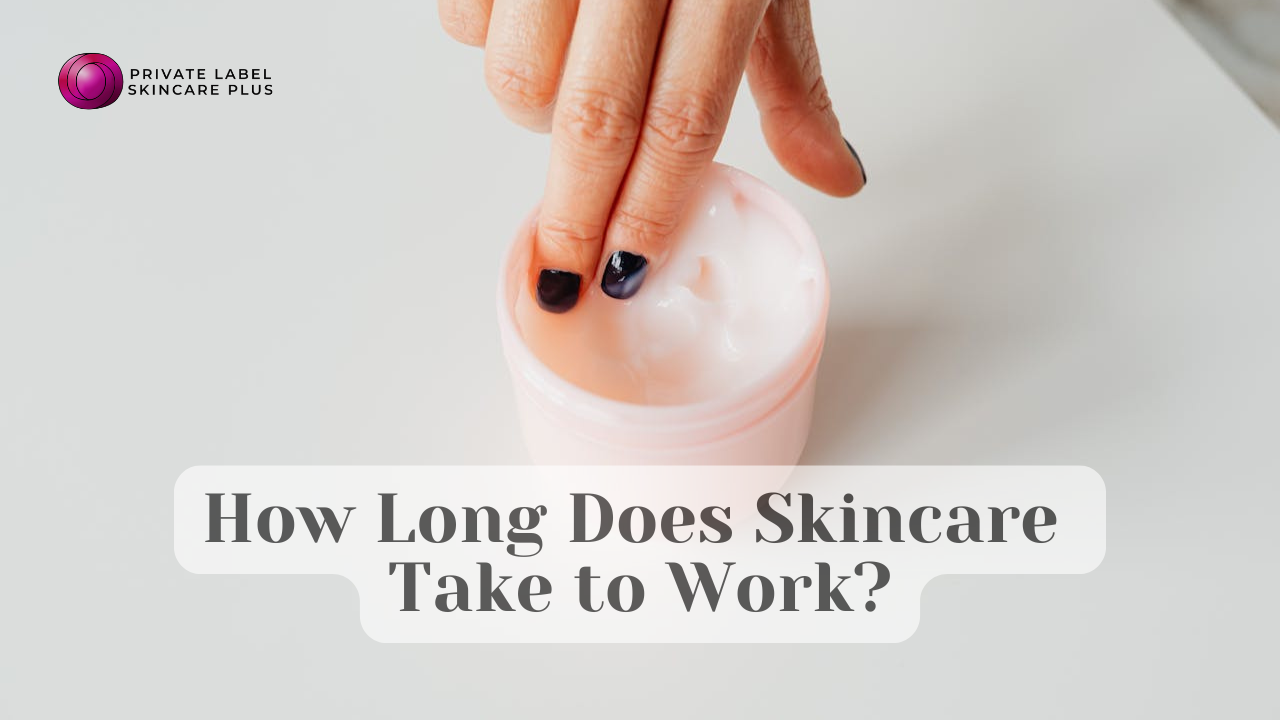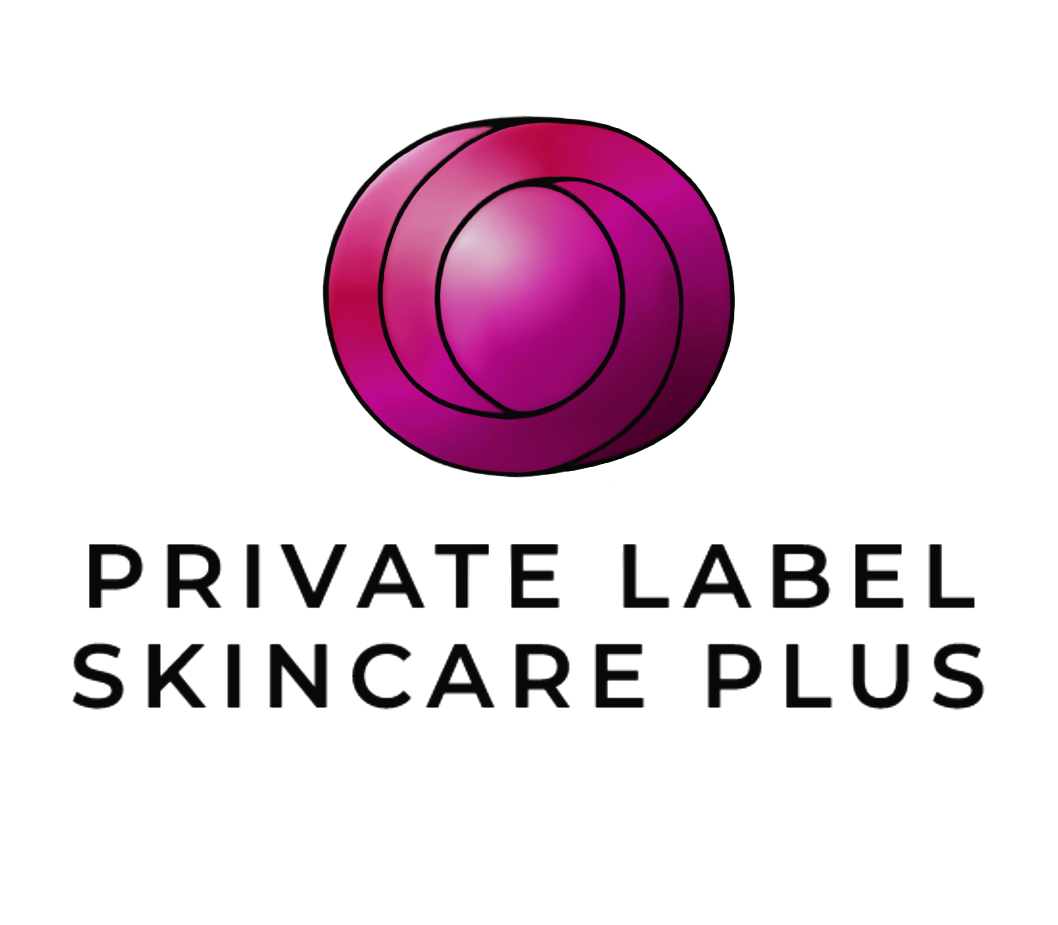Skincare is an integral part of self-care and maintaining healthy, radiant skin. With the abundance of products on the market, it’s easy to wonder: how long does it really take for skincare to show results? The answer depends on a variety of factors, from the type of products used to your unique skin type. Patience is key when it comes to skincare, as results often take time to manifest.
In this article, we’ll explore the timelines for different types of skincare products, the factors that influence their effectiveness, and why custom formulations, private labeling, and effective branding play a significant role in the journey to healthier skin.
Factors That Influence Skincare Effectiveness
1. Skin Type
Your skin type plays a major role in how quickly you’ll see results. Oily, dry, combination, or sensitive skin all respond differently to skincare products. For example, individuals with oily skin may notice quicker results from acne-targeting products, while those with dry skin might take longer to see improvements from hydrating treatments.
2. Type of Product or Active Ingredients
The active ingredients in a product largely determine how fast results appear. Retinol, for instance, is known for addressing wrinkles and acne but can take several weeks to show visible effects. Products with vitamin C can brighten the skin in a shorter timeframe but require consistent use. Skincare brands that offer custom formulations can fine-tune these ingredients for maximum efficacy.
3. Consistency of Use
Consistency is crucial. Skincare works best when products are applied regularly and as directed. Products with clear instructions, enhanced by attractive silkscreen packaging, encourage users to stick to their routines, ensuring better results over time.
4. Underlying Skin Concerns
The specific skin concern being treated also affects the timeline. Acne or hyperpigmentation might improve in a few weeks, whereas anti-aging treatments require months to deliver noticeable changes.
5. Lifestyle and Environmental Factors
Diet, hydration, sleep, and exposure to pollutants or sunlight all impact how well your skin responds to treatments. A balanced lifestyle can amplify the effectiveness of your skincare routine.
General Timelines for Skincare Products
Immediate Effects (0–7 Days) |
Certain products, like moisturizers or hydrating masks, can deliver instant benefits. These products plump the skin and improve its texture almost immediately, making them ideal for quick fixes. |
Short-Term Results (2–4 Weeks) |
Cleansers, lightweight moisturizers, and anti-inflammatory treatments for mild acne often show results within a few weeks. However, consistent application is key to sustaining these improvements. |
Medium-Term Results (4–12 Weeks) |
Products targeting acne, pigmentation, or mild wrinkles usually require a commitment of one to three months. These products work in tandem with your skin’s natural cell turnover cycle, which typically takes 28 to 40 days. |
Long-Term Results (3–6 Months and Beyond) |
Anti-aging treatments, such as those with peptides or collagen boosters, demand the longest timelines. These products rebuild the skin’s structure over time, yielding results that are well worth the wait. |
The Science Behind Skincare Timelines
Your skin renews itself through a process called cell turnover, which takes an average of 28 days in young skin and up to 40 days in mature skin. Skincare products must work within this natural cycle to show results.
High-quality products with custom formulations are designed to accelerate or enhance this process by delivering potent active ingredients. Additionally, well-crafted branding and informative private labeling ensure users understand and adhere to the proper usage of these products, leading to more consistent outcomes.

Tips for Managing Expectations
- Understand Product Claims: Be wary of exaggerated promises. Trust products that offer realistic timelines.
- Consult a Professional: A dermatologist can recommend treatments tailored to your skin’s unique needs.
- Choose Trusted Brands: Look for reputable brands that prioritize transparency through effective private labeling and high-quality silkscreen packaging.
How Private Label Skincare Brands Are Changing the Game
Private label skincare brands are revolutionizing the industry by offering customized solutions that cater to diverse skin types and concerns. With access to custom formulations, these brands provide products tailored to specific needs, ensuring higher satisfaction rates.
Moreover, innovative silkscreen packaging not only elevates the visual appeal of products but also provides clear, durable labeling that enhances usability. Effective branding builds trust, encouraging consumers to remain loyal and consistent in their skincare routines.
Conclusion
Skincare is a journey that requires patience, consistency, and informed choices. While timelines vary depending on factors such as skin type, product ingredients, and lifestyle, sticking to a routine is the key to seeing results. Trust in high-quality products with transparent private labeling and innovative silkscreen packaging for the best outcomes. With the right approach, healthy, radiant skin is within reach—one step at a time.
FAQs
What are some signs that a skincare product is working?
Look for subtle improvements like smoother texture, better hydration, or reduced redness. Significant changes like fading dark spots or reduced fine lines may take weeks to months.
How can manufacturers ensure consistency in product results?
Using scientifically backed custom formulations and high-quality ingredients can improve product efficacy and consistency across diverse skin types.
What role does packaging play in product success?
Packaging, especially silkscreen packaging, enhances product appeal and ensures clear instructions, boosting user compliance and satisfaction.


